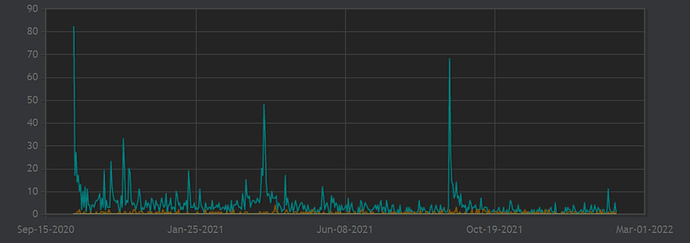Oh my god! Over 3 years.
I neglected this diary, I know.
But I was encouraged to write a little bit about my experience, because this could be useful for other devs and I love that our community share a lot with each other, so I will use this space, as this is where it all started 
 TL;DR A little bit about motivation, development, troubles and how to overcome them, marketing, game design, world building and social media.
TL;DR A little bit about motivation, development, troubles and how to overcome them, marketing, game design, world building and social media.
[UPDATE:]
During writing of this prolonged post, Russia invaded Ukraine and as I live in a neighbouring Poland I focused on helping and because times becoming harder and harder, I was forced to anounce that Witchcrafter’s development is on hold for this period. Despite this below is a description of the previous years of development.
This particular game is a dream project and I strongly discourage anyone wanting to economically profit from gamedev starting a career with a dream project. This is a golden rule you will meet everywhere. Such games will have a prolonged development time, mainly made by one person, probably not wanting anyone else to touch their child, made after hours, because bills need to be paid and such hobby is not profitable during development phase. ALTHOUGH a lot of people actually do this. And here’s why.
It’s all about motivation. 
 Stardew Valley. 4.5 years,
Stardew Valley. 4.5 years,
but from articles and interviews I read, it was a crunch (~70 hours a week) and thankfully Eric’s girlfriend supported him and he could focus on his dream fully. [source] [source] Putting a heart and all time in this project make it a big success.
 Undertale. 2.5 years
Undertale. 2.5 years
after a successful KS campaign, so I assume it was full time. [source]. Toby’s motivation to deliver something different make it a big success.
 No Man’s Sky. Over 3 years,
No Man’s Sky. Over 3 years,
with an aid from SIE and a team, so also full time. We know a struggle regarding high expectations and even Sean admitted it was awful and he regrets some of his decisions. [source] [source] But without a strong motivation the project not only would be completed, but also polished like it was polished after the day 0, to the point that now the game is not only revolutionary, but also great and pleasant.
All those examples are here to point out, that gamedev is time and resources consuming, but strong motivation and passion allows to complete the project. (Jk, don’t listen to me, I didn’t finished Witchcrafter  )
)
Struggling in gamedev world is pretty common - clients aka gamers have high expectations and can be overhyped and then dissapointed. Even I was overhyped for Cyberpunk 2077, being a fan of my city’s devs CDPR, bought the game at day 0 and played it on GFN (thus I have not meet some technical bugs), but I was dissapointed by the gameplay. Still I think the story and world are awesome.
But it’s all just to say, that our market is very engage-able and from this perspective, having high expectations is sometimes dangerous for devs itself. Internet tends to remember mistakes. Having higher expectations defintely makes you more stressful, so as long as you can handle this, it could be motivational, but otherwise, you may feel overwhelmed and depressed.
Having strong motivation makes you think about your project all the time - watching a movie or reading a book - to learn how to create a deep personality and engaging dialogues, watching art or observing life around - to take inspiration for visuals, listening to music - to experience how it scratches emotions, playing games - to analyze mechanics and what makes it fun to play, and so on. Gamedev (but also other creative crafts) changes you world view.
I made few other simpler games, especially for game jams and mainly for learning purposes. I was never attached to any, even though I liked some of them really, even some earned some cents and if polished and taken care of releasing on different platforms could make me some money. Small games are cool and needed, especially for learning purposes, but passion projects often evolves into something more complex.
How is development going on? 
My work on Witchcrafter is multipath, and so is for most solodevs, or very small teams. I can write code, draw characters, backgrounds, build world and story, design levels and mechanics. This is cool, because anytime you can switch to whatever you like to do or can do at the moment (for example when putting kids to sleep or commuting or sitting on the toilet, you can check out social media or write a chunk of dialogue or a note about a character or a cool event that might turn into a story!  )
)
Note that I am desribing only my experience. For example, when you have a profitable studio or a successfully funded project or other source of income, you can hire people to help you. When you are at this point, you perhaps already know what I am writing about, so go, listen to other people who make indiegames for living, like Thomas Brush or Jonas Tyroller 
In fact, most of the time I work on the story and gameplay design, because I like it the most. It is bad, because you would rather like to have a holy-divinely-good-and-smooth gameplay that will actually catch players attention and stick them in, so you could deliver a great story. Because my focal points are different, I am actually focusing now on delivering a good story and I eventually hope the gameplay will be good. But I do not neglect it, it is a foundament and it must be strong.
To make a good gameplay you need to play a lot and analyze. I know what you are thinking - how can I find time for this! Fortunately, nowadays you can also watch YT with essays from players who actually play a lot and analyze it, like Adam Millard, Mark Brown or Tim Hickson! Generally YT is a great and affordable source of knowledge. You will also come to the point where games will not be like in old days, but as you actually decided to make games I bet you started seeing games from different perspective already. When I played Ori I analyzed level design, devs subtle hints, how they provide tutorials, engage, create puzzles, use color, environment and direct narrative and I was catching myself at doing so all the time. But it is not only thing you are doing while playing - fortunately, beside of this I was having a lot of fun actually and I immersed in the world enough to feel like actual, careless player, not a dev.
Marketing 
Beside of this I need to obviously run a so called social image or brand - this is very important and for indiedevs it mainly means to share what you actually do - show your passion, meet people. This is also hard and very time consuming - especially because low quality posts wouldn’t build you a good space (you can only shitpost carelessly after you gain a vast community - it is just that with time an ability to see the sarcasm by your community is more common, but they need to know you and who you really are). Posts must be catchy, high quality and at best - visually attractive. This will come with time too, because you will learn what works and what not, see a ton of other posts, analyze, prepare better content, read about social marketing and most importantly - develop the game further in the meantime.
Steam wishlists 
Witchcrafter has over 2k wishlist additions now. I would agree that it is not much, but for me - it actually is. I was already happy when ~80 persons wishlisted Witchcrafter the first day, because there were ~80 persons wanting to play my game, meet my vision! Now there are over 2000 people and it’s a lot!
In all history there were 3 meaningful peaks, chronologically:
- Steam page launch, so all my best fans wishlisted, I guess
- IWOcon 2021, where I was on Dragon Island (but it was a vast effort for me)
- Featuring Witchcrafter in this TOP 10 Upcoming Metroidvanias video
Smaller peaks most of the time corelates to social media actions - posts on Twitter and/or Reddit and other actions.
Mailing list, Patreon, Ko-Fi and others 
This is the hardest part, but many say this is actually most crucial and I agree. Those circles demand actual effort of your fans (we treat mailboxes really importantly and the other demand financial investments), so you must know they really believe in you and believe the game will be a success. I have only few people signed in, but even such close circle is more encouraging than most successful social media posts. For Patreon and Ko-Fi posts you would like to create a lot of content, comparable to social media, for mailing list you must focus on each campaign to be as informative and rewarding for subsrcibers for even opening it as posible, so less mails, but highest quailty.
Beside of this I have also some followers on Witchcrafter’s Itch, Gamejolt, Indiexpo and IndieDB page and as those are game community sites, I believe they will be very interested in the game! Try to discover more communities (I am currently analyzing Newgrounds and Crazy Games).
Try to engage in communities not related to gaming directly, but rather to what you are doing in game - for me it is all kind of fantasy, wicca, witch, neopaganism, rodnovery and so on - especially on Reddit. Sometimes you could bump into a post, where you can shamelessly plug your game or at least talk about it and that is good - such post will not only gain direct attention of interlocutors, but also will stay there and sometime in the future someone else could bump into it  Be cautious here not to plug it too “obstructively”. Focus on when you could just mention your game and it would be natural bragging, not an unrelated copy-paste. Behave like a human in real life conversation. Naturally you would like to brag about your passion so it should be acceptable by others.
Be cautious here not to plug it too “obstructively”. Focus on when you could just mention your game and it would be natural bragging, not an unrelated copy-paste. Behave like a human in real life conversation. Naturally you would like to brag about your passion so it should be acceptable by others.
I would also recommend engaging in other social media where young gamers are - TikTok, Discord, Instagram, YouTube. For me it is hard, but if you have a good product, showing it off on social media is definitely profitable. It is good for indiedevs to gather all links in one page, custom or using services like linktree or carrd, e.g. I have witchcrafter.carrd.co 
 Meanwhile - still refactoring, but also added aiming:
Meanwhile - still refactoring, but also added aiming: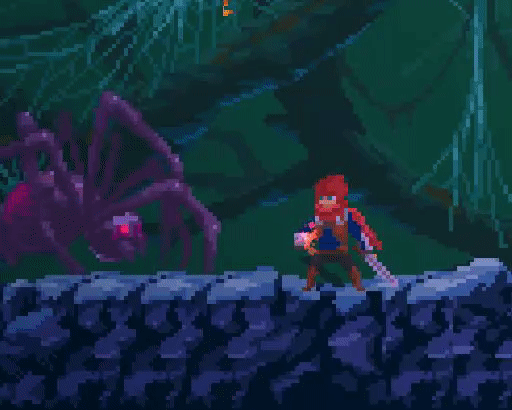


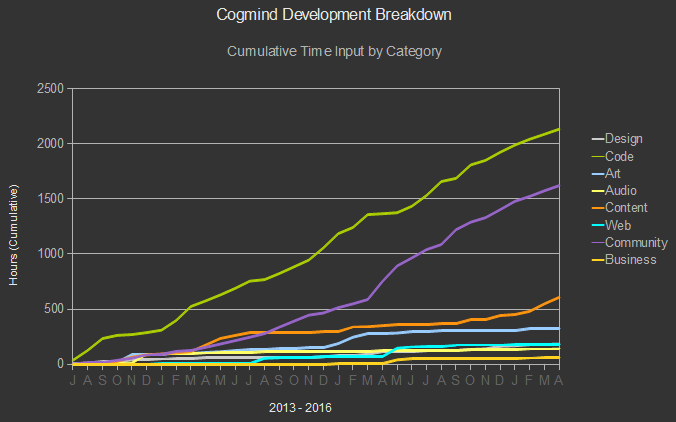
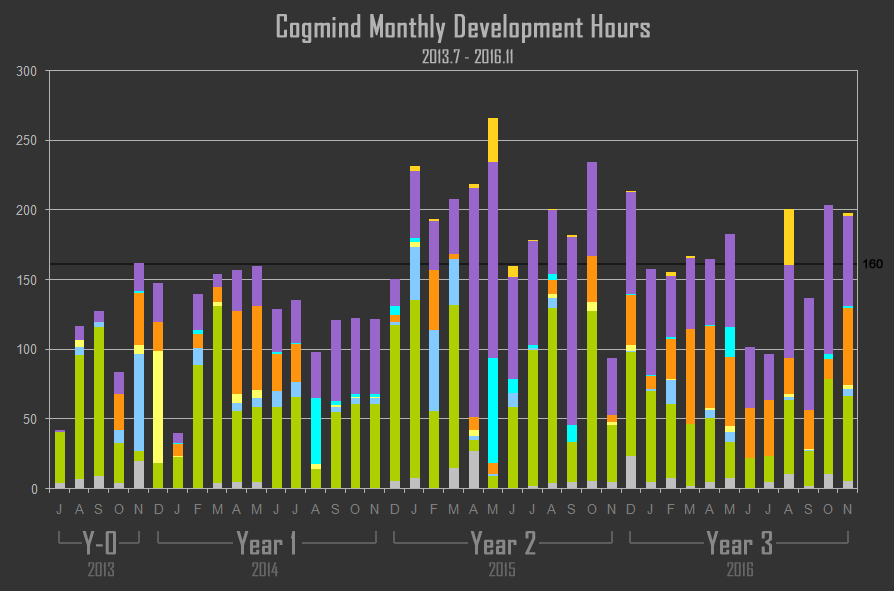




 but anyway I’m feeling like it’s my
but anyway I’m feeling like it’s my 
 )
) Again I had a problem with actually designing something fitting to the theme - I know it could be anything where you just start without something and then reach it, but I brooded and brooded and it took a lot of time- I spent about 5 hours on the actual development and polishing. It is of course available to
Again I had a problem with actually designing something fitting to the theme - I know it could be anything where you just start without something and then reach it, but I brooded and brooded and it took a lot of time- I spent about 5 hours on the actual development and polishing. It is of course available to 

 and how I see it now!
and how I see it now!  I wish there could be also simplified collisions for particles as well - workaround with factoring game objects as a replacement for particles isn’t so convenient as creating particle fxs. Imagine use cases - rain, sparks or other small particles or even part of the broken chest/vase or something like that are bouncing realistically from the
I wish there could be also simplified collisions for particles as well - workaround with factoring game objects as a replacement for particles isn’t so convenient as creating particle fxs. Imagine use cases - rain, sparks or other small particles or even part of the broken chest/vase or something like that are bouncing realistically from the Applying simple effects on the sprite is really easy, but drawing many textures on many models isn’t convenient nor easy and I see a lot of potential in making something like Unity’s shader graph - for me it was easier and it helped me understand some of the ideas. For now, I would love that we have at least more really “step-by-step” tutorials regarding making most common post-effects in Defold. Of course, it is possible to create something by gathering all the solutions from the forum and Defold’s site - but generally I miss one solution in one place.
Applying simple effects on the sprite is really easy, but drawing many textures on many models isn’t convenient nor easy and I see a lot of potential in making something like Unity’s shader graph - for me it was easier and it helped me understand some of the ideas. For now, I would love that we have at least more really “step-by-step” tutorials regarding making most common post-effects in Defold. Of course, it is possible to create something by gathering all the solutions from the forum and Defold’s site - but generally I miss one solution in one place. And I know Defold is aiming for professional devs, but the truth is, that Defold is a great solution for indiedevs (especially, because it’s totally free), who don’t have enough resources to spend too much time on such, I would say, basic features.
And I know Defold is aiming for professional devs, but the truth is, that Defold is a great solution for indiedevs (especially, because it’s totally free), who don’t have enough resources to spend too much time on such, I would say, basic features.
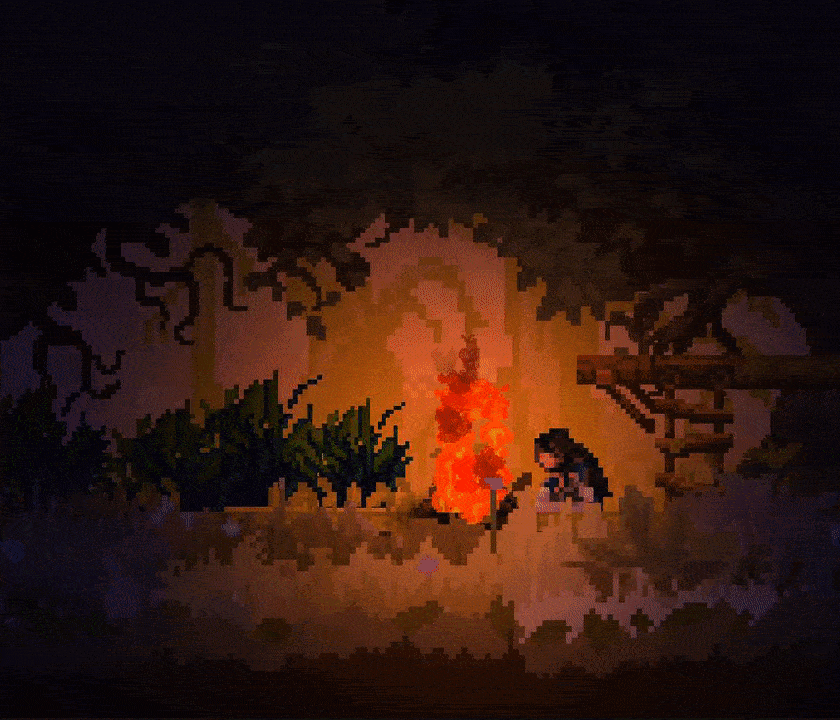

 GUI
GUI but actually it helps me to control it. Such wrappers allows to easily add similar objects to the game and are reusable, so if you are not using Lua modules nor gui templates yet, consider checking them
but actually it helps me to control it. Such wrappers allows to easily add similar objects to the game and are reusable, so if you are not using Lua modules nor gui templates yet, consider checking them  controls
controls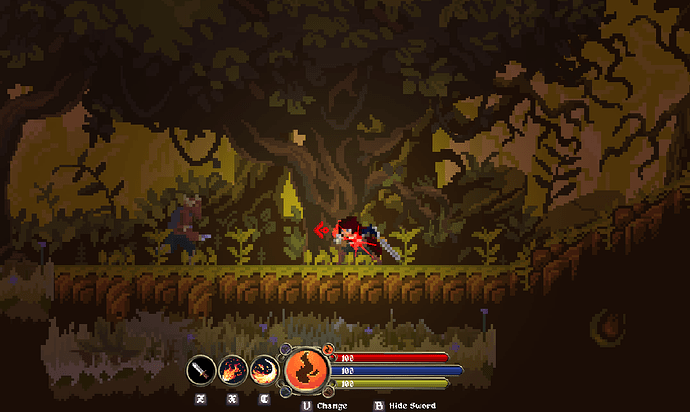
 quests
quests





 TL;DR A little bit about motivation, development, troubles and how to overcome them, marketing, game design, world building and social media.
TL;DR A little bit about motivation, development, troubles and how to overcome them, marketing, game design, world building and social media.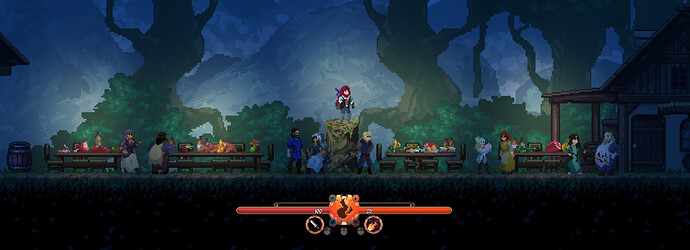

 Stardew Valley. 4.5 years,
Stardew Valley. 4.5 years, Undertale. 2.5 years
Undertale. 2.5 years No Man’s Sky. Over 3 years,
No Man’s Sky. Over 3 years,



